Adventure Crew never pushed pause: The ongoing impact of pandemic loneliness.
Consider this: 87% of Adventure Crew teens report being happier since joining the Crew and a whopping 92% say they’ve made better friends. Under normal circumstances this feedback would be a feel-good bonus to our mission, but in the aftermath of long-endured quarantines and remote schooling, such social data has become paramount to our work.
Sometimes it may feel like COVID-19 is behind us, or at least less of a threat to our immediate health. However, research shows the social isolation crisis continues to negatively impact our mental health, particularly in teens.
In essence, we have been left with an entire generation at greater risk for depression, anxiety, substance abuse and PTSD, and yet with few plans to help them recover.
Research published by the National Institutes of Health tells us that loneliness and depression are closely linked, not only during a period of social isolation but for years afterward. In fact, studies show the duration of social deprivation has longer-term consequences than its intensity. Additionally, there are countless scientific studies that associate depression and anxiety with excessive use of technology. During the pandemic, teens came to rely even more on gaming and social media use to meet their need for connection. And yet, it is no replacement for in-person contact. Even with online interaction, experts tell us there is a key phase of teen identity development that occurs only through spending face-to-face time with peers.
For our marginalized youth, the negative and long-lasting impacts of the last two-plus years are even more dire, as the pandemic compounded deep-seated inequities that already contributed to poor health access and outcomes.
Adolescents thrive with routine and predictability, but the pandemic pushed pause on their lives, their connection to others and disrupted critical basic-care services. Adventure Crew never pushed pause. We weighed the risks and carefully continued opportunities for our city teens – who so desperately needed a life line – to connect with nature. Even while wearing masks, our Crew still had the chance to disconnect from devices, socialize in person, move their bodies, laugh with others, eat a wholesome meal, and breathe fresh air when paddling their kayaks or riding a bike. Adventure Crew gave them hope and access to a world beyond COVID-19 lockdowns.
Today, our important pandemic work continues. Having a consistent connection to nature where Crew members can tackle new adventures with the support and banter of friends is recognized by parents, teachers, health professionals and even the students themselves as vital to good health and pandemic recovery. Nature is our space. And we are working to end the impact of pandemic loneliness for city teens.

